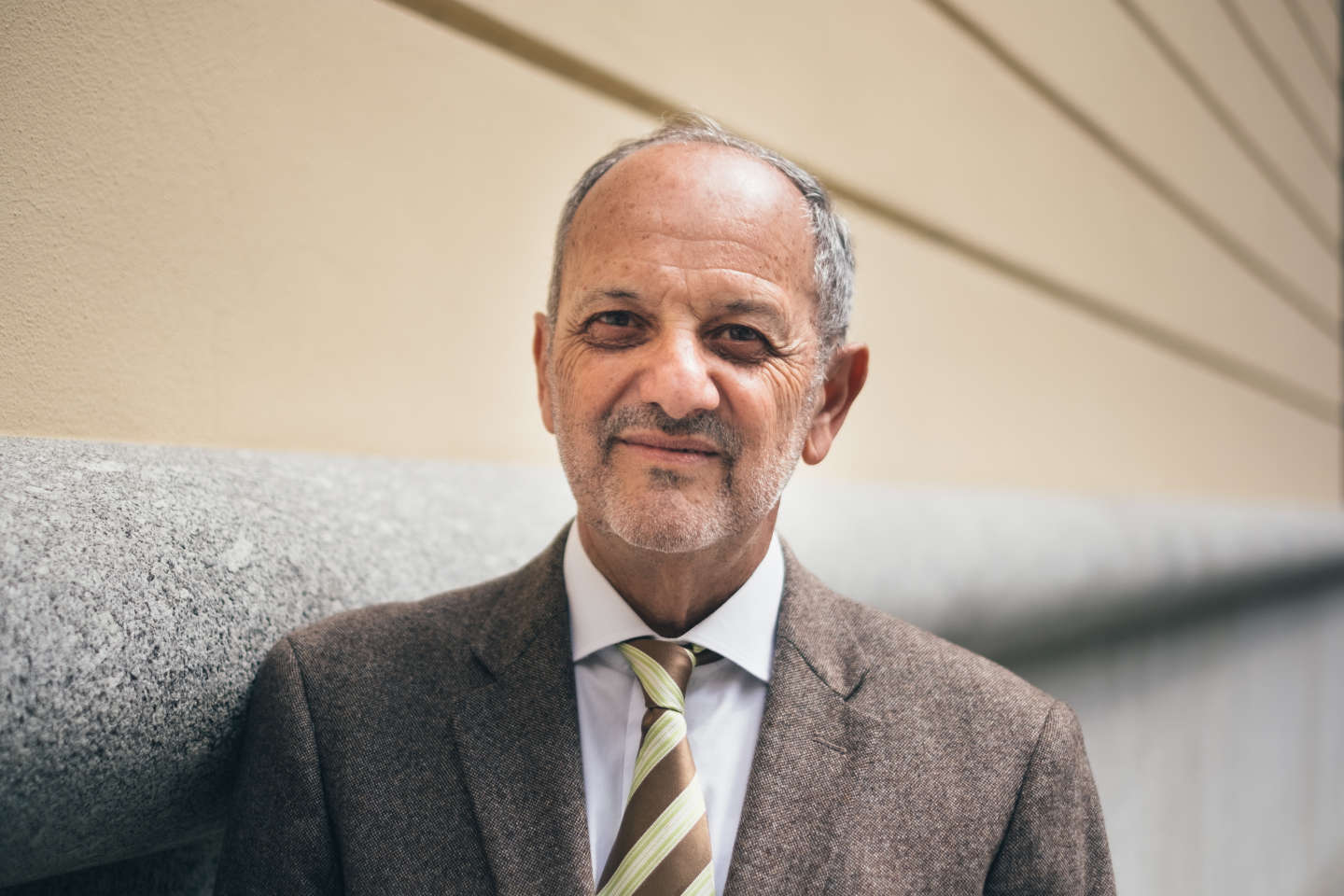
Professor of Physics at the University of Pisa (Italy), Guido Tonelli, took part in the adventure of discovering the so-called Higgs boson, at the European Center for Nuclear Research (CERN). He was actually the spokesperson for the Compact Muon Solenoid (CMS) Experiment, one of two experiments installed alongside the LHC particle accelerator, which, in 2012, discovered the last particle missing from a hunting board.
in origin (Danod, 256 pages, €19.90), the Italian researcher tells in seven stages how life emerged from the initial void to humans, passing through matter and light, stars and galaxies … to explain some of life’s most delicate stages. In this fascinating story, Guido Tonelli uses images and metaphors borrowed from the worlds of art, mythology, or religion.
Why did you want to write the story of the origins as understood by contemporary science?
I talk a lot with religious people, and I realized by communicating with them, but also by studying history, the importance of having accounts of origins. This knowledge of the sequence of each link is essential to humanity. It makes us stronger. Science offers the most complete and detailed account to explain the appearance of matter, stars, planets, and life…
The universe follows the rules gradually discovered by science. But beware, scholars should not be smug about religion. Faith and reason are two different things. Both bring important stories to men by reassuring them.
How can he reassure us that we discover as you read jets of destructive particles, explosions of stars, black holes swallowing everything, and the colossal expansion of space…?
Yes, that’s right, some parts of the universe are awful, chaotic, and not at all reassuring. But wherever we are, it is very calm: the black hole at the heart of our galaxy is very far away and very inactive. I find the realization that all this is possible is reassuring. I am enjoying life more by having all this knowledge. But we have not yet sufficiently discussed the ethical and philosophical consequences of the new concepts brought about by modern science.
what do you mean ?
in the seventeenthe In the last century, the discoveries of Galileo and Newton as well as the empirical method were a revolution, and then affected our entire culture: we are in some way the products of these ruptures. Then general relativity and quantum mechanics constituted another revolution. It not only allows for incredible technical progress, but also offers a change of view and new visions of the world. You can see the connections between artists and intellectuals such as Freud, Pirandello, Schoenberg, Kokoschka.
You have 67.71% of this article left to read. The following is for subscribers only.

“Subtly charming problem solver. Extreme tv enthusiast. Web scholar. Evil beer expert. Music nerd. Food junkie.”

